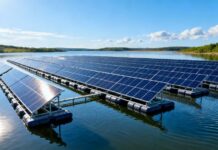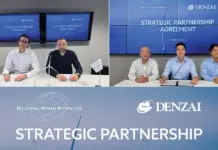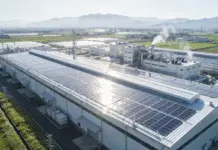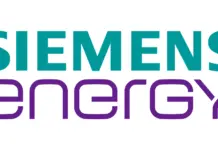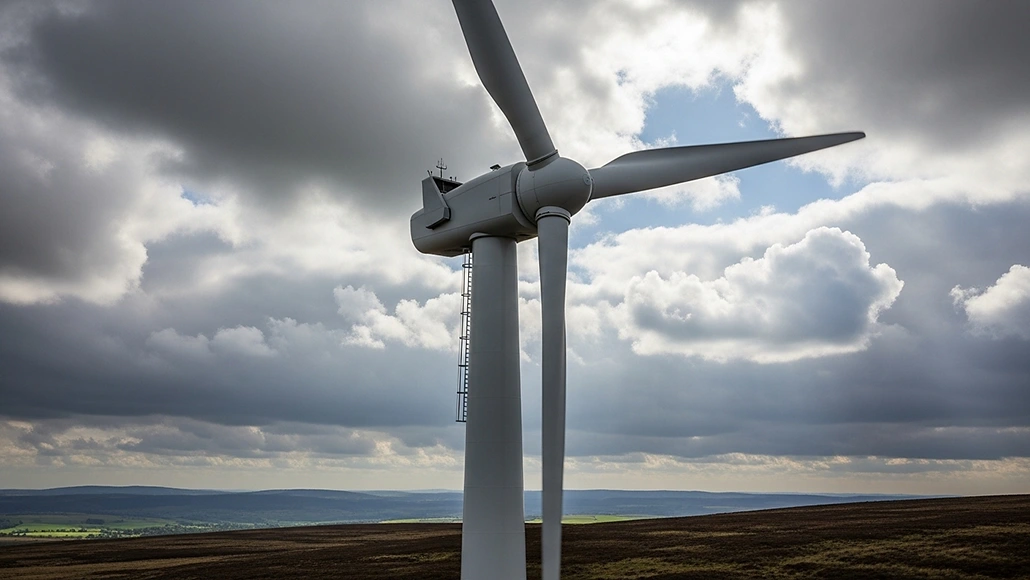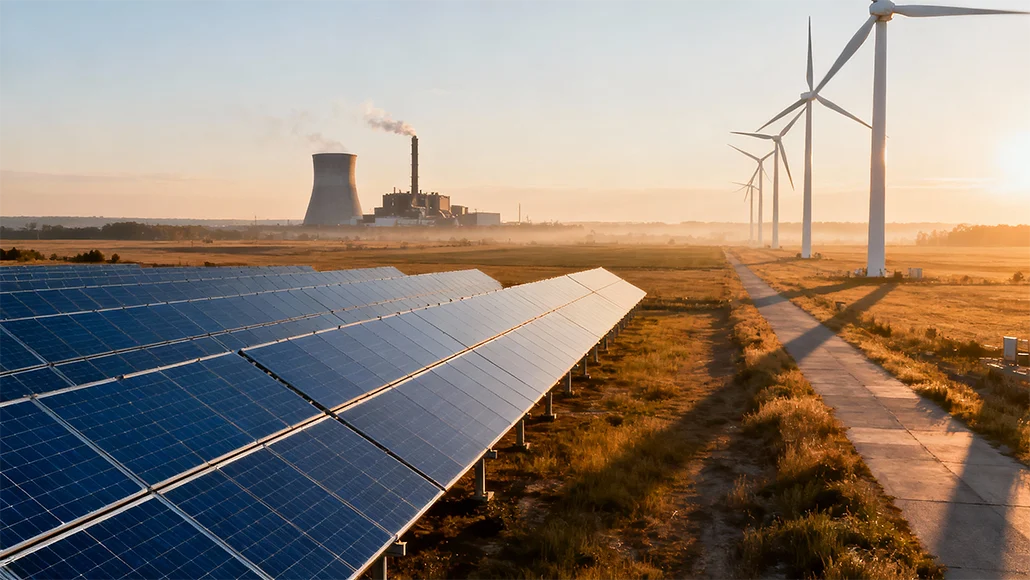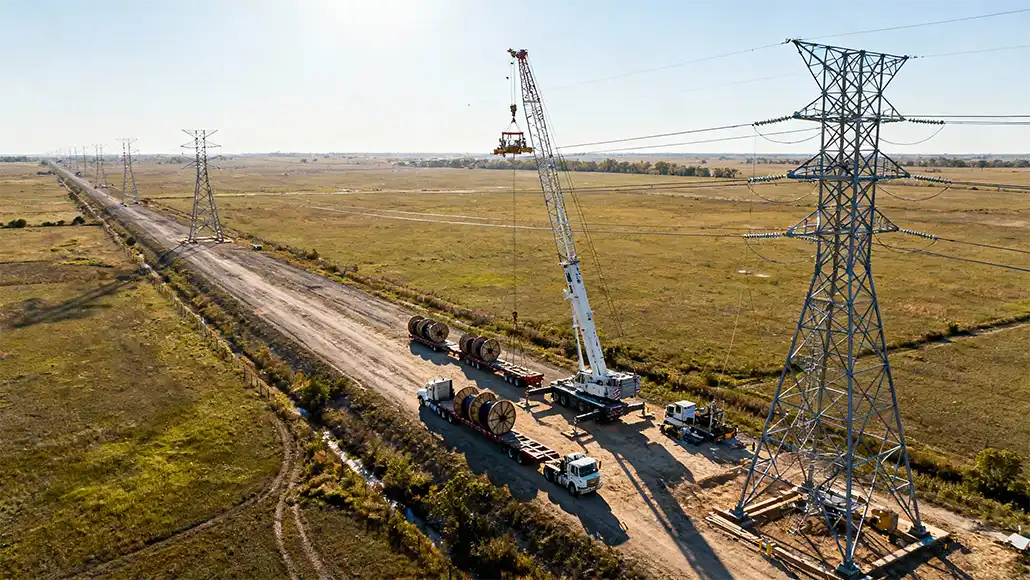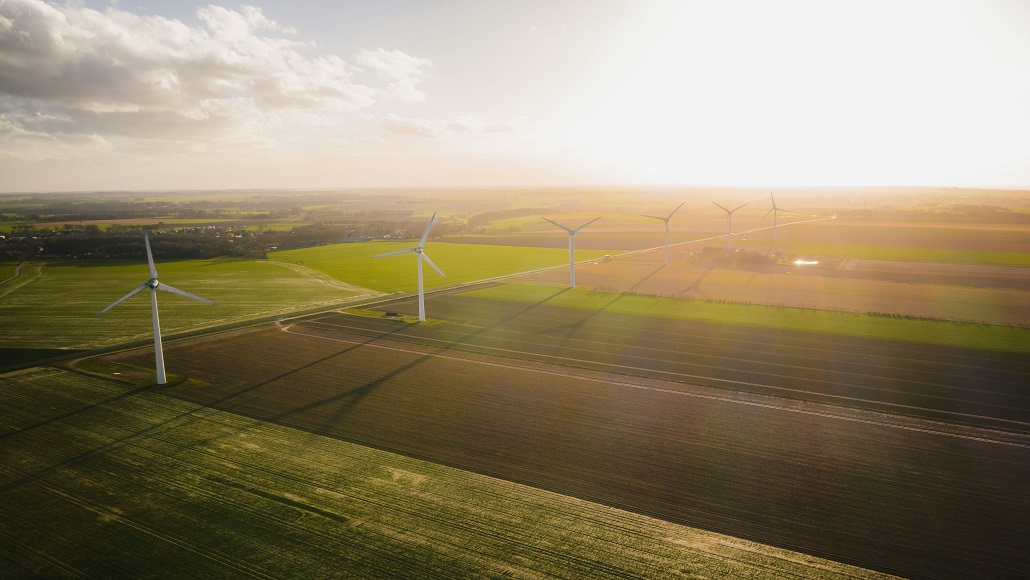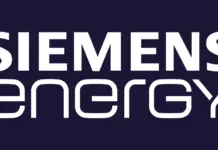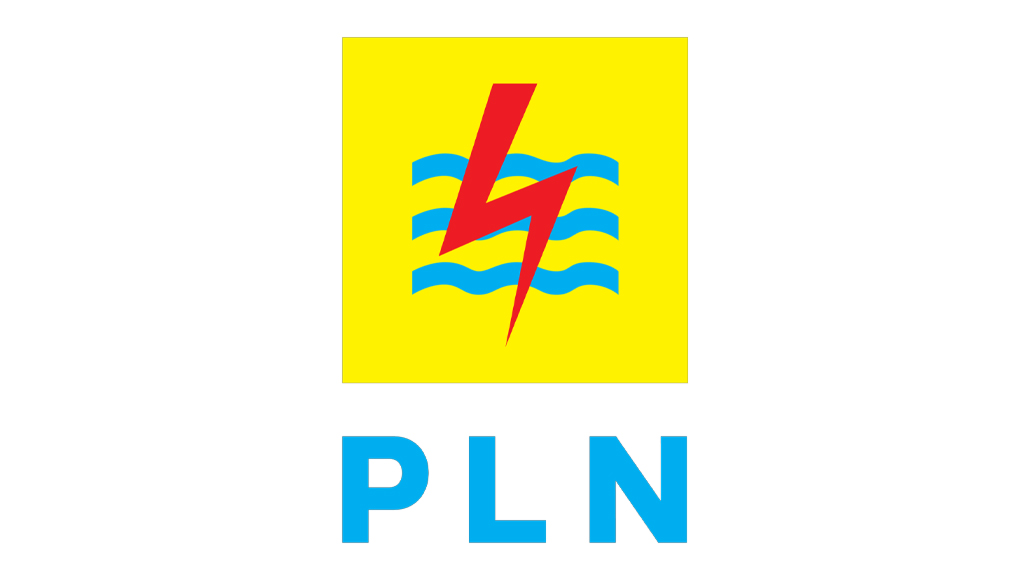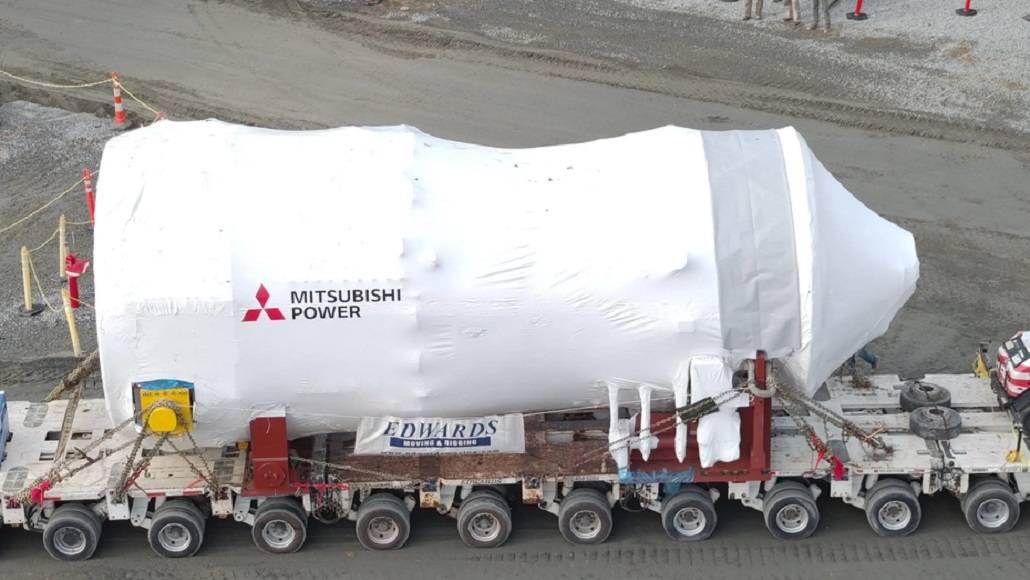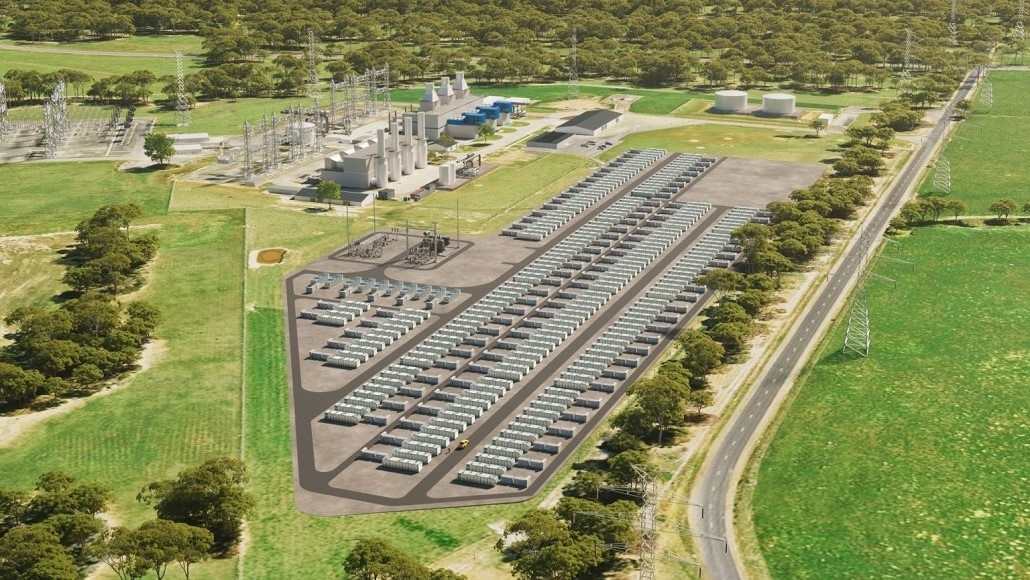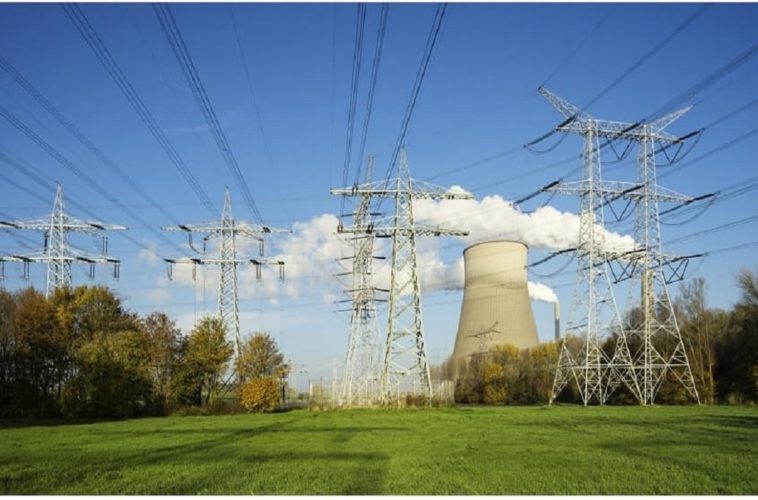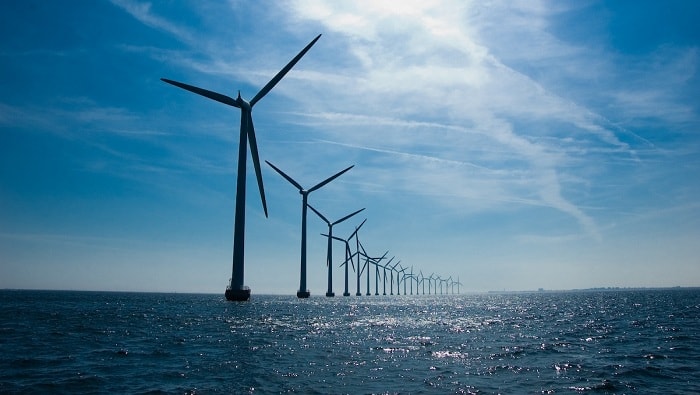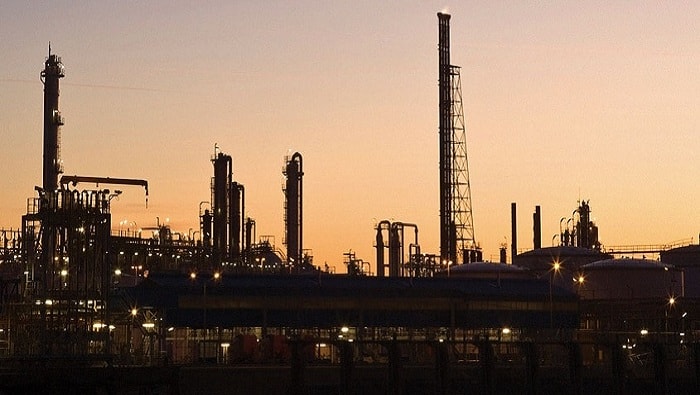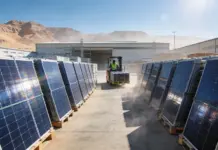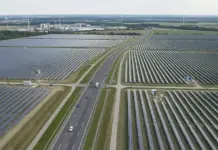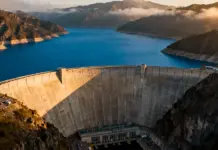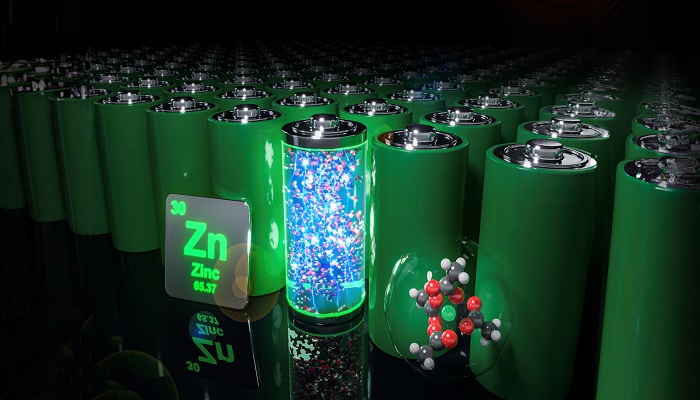The world is looking to have cheap as well as powerful batteries that can go on to store sustainably developed electricity via wind or sunlight so that one can use it whenever it is needed, be it dark outside or no wind blowing at all. The most common batteries that go on to power our smartphones as well as electric cars happen to be lithium-ion batteries. They are pretty expensive since, throughout the world, demand is soaring by the day, and they also happen to be highly flammable.
Water-based zinc batteries promise to be a better alternative to these batteries. Led by ETH Zurich, an International team of researchers has developed a strategy that makes key advancements in the development of such zinc batteries, thereby making them more powerful, safer, and environmentally friendlier.
There happen to be a number of advantages to zinc batteries: they are abundant, have a mature recycling infrastructure, are cheap, and can also store a lot of electricity. Besides, zinc batteries don’t always make use of highly flammable organic solvents like the electrolyte fluid since they can also be made by using water-based electrolytes.
If at all there were no challenges that the engineers must face while developing such batteries, as when zinc is charged at high voltage, the water in the electrolyte fluid goes on to react on one of the electrodes in order to form hydrogen gas. As this takes place, the electrolyte fluid goes on to dwindle, and the performance of the battery decreases. The reaction causes excess pressure to build up in the battery, is dangerous. The formation of spikey deposits of zinc in the process of charging the battery, commonly known as dendrites, is another issue which can pierce into the battery and, in the worst scenario, even go on to cause a short circuit.
Engineers over the years, have gone on to pursue the strategy of enriching aqueous liquid electrolytes with salts so as to keep the content of the water as low as it can be. However, there happen to be disadvantages associated with this: it goes on to make the fuid viscous, thereby slowing the charging as well as discharging processes to a considerable extent. Apart from this, many of the salts that are used on it contain fluorine, thereby making them toxic and also harmful to the environment.
Professor of Eletrochemical Systems at ETH Zurich, Maria Lukatskaya, has gone on to join forces with colleagues across various research institutions spread in the US as well as Switzerland in order to search systematically for the ideal salt mixes for water-based zinc-ion batteries. By using these experiments supported by computer simulations, the scientists have been able to reveal the fact that the ideal salt mixture isn’t what was initially assumed to be the highest but a considerably lower one on each salt’s positive ion.
The researchers did not make use of any environmentally harmful salts to make improvements and opted for friendly salts such as acetates. With their ideal concentration, they were able to minimise the depletion of electrolyte and also prevent zinc dendrites just as well as what the other scientists previously did with high concentrations of salts, said one of the doctoral students, Dario Gomez Vazquez, at the Lukatskaya group. He also happens to be the leader of the study. He adds that with their study, the batteries can be charged and discharged more rapidly.
Thus far, the ETH researchers have gone on to test the new battery strategy at a pretty small lab scale. The next call for them is going to be to elevate their approach and see if all of it can be transpired into larger batteries. These might ideally be used as storage units one day in the power grid so as to compensate for the fluctuations taking place, for example, in the basement of the single-family homes so as to make way for solar power produced during the day, which could be of use in the evening.
There are, however, still challenges that need to be overcome before zinc batteries are ready for the market. As per Professor Lukatskaya, the batteries have two electrodes, the anode and the cathode, and, of course, the electrolyte fluid between the two. They showed that by tuning the electrolyte composition, efficient zinc anode charging can be made possible. Performance cathode materials will have to be optimised, going forward in order to produce efficient as well as durable zinc batteries.




